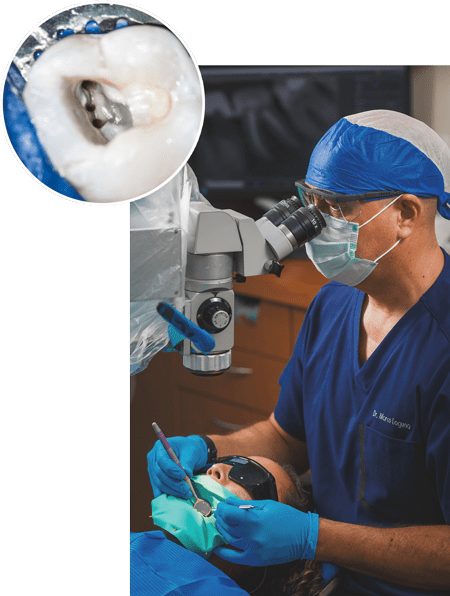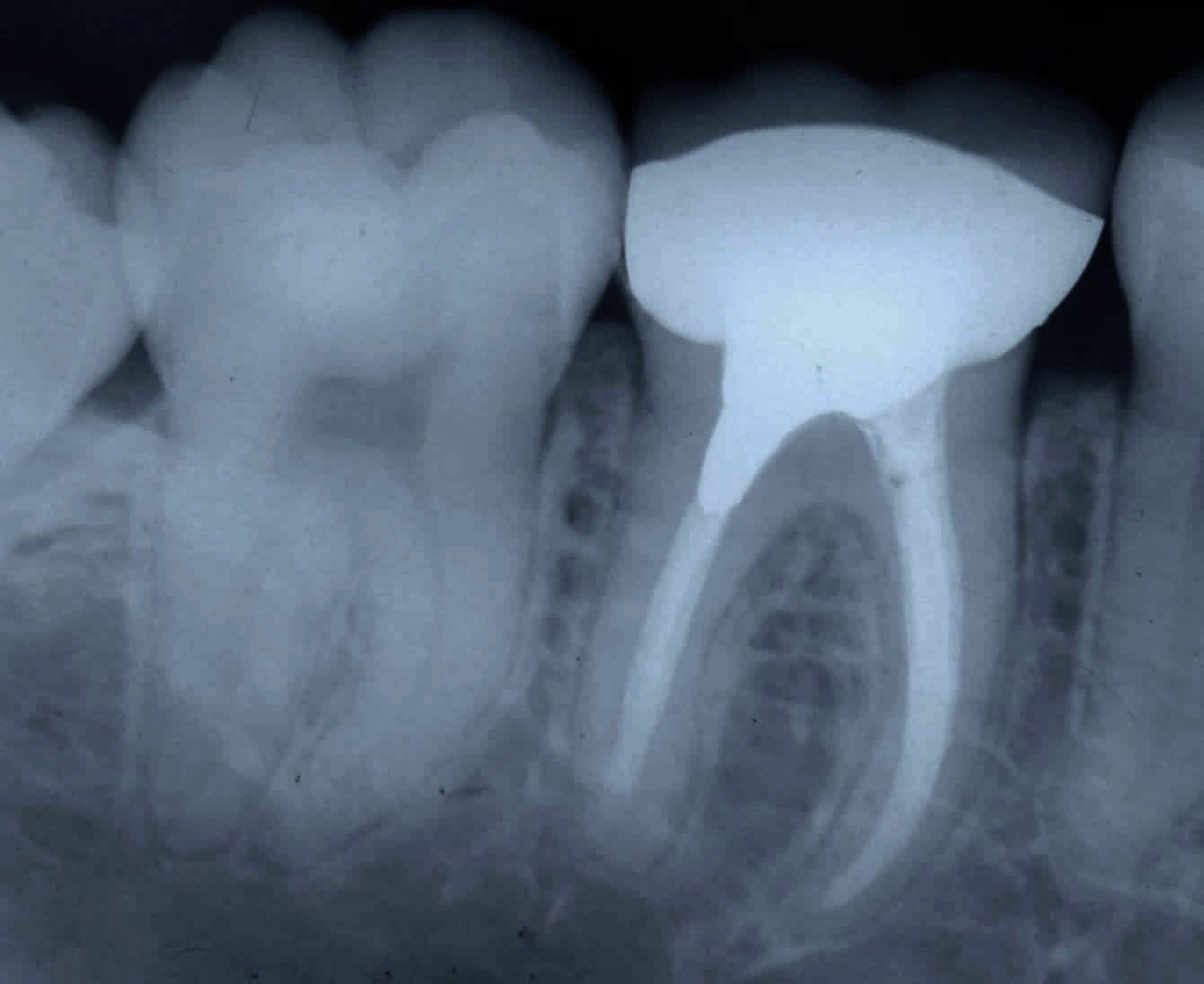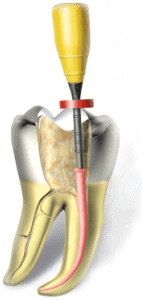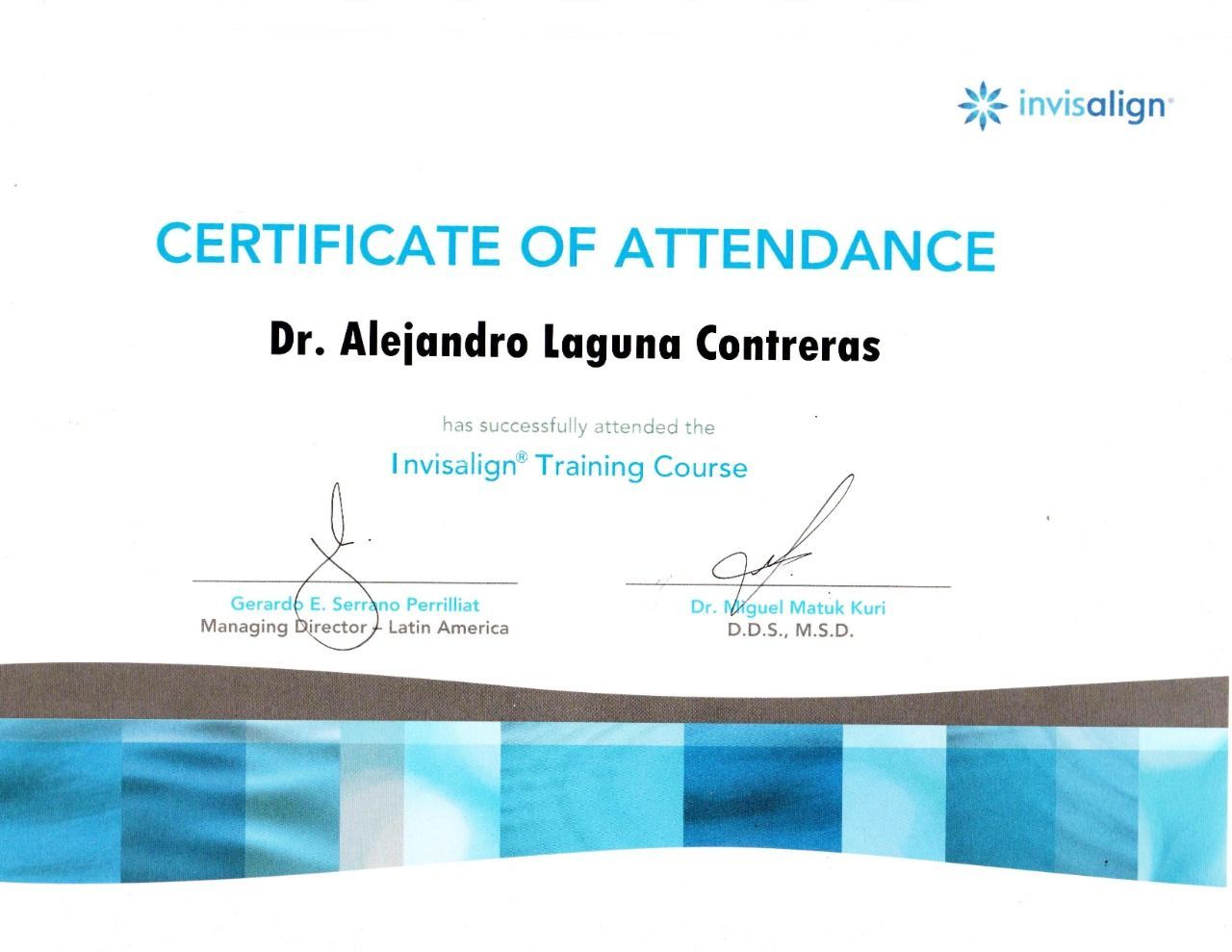ENDODONTICS
Endodontics
Coral Dental Center
You decide to have a hot coffee, you think about its flavor and in your mind you are already enjoying it … but when you take the first sip you feel pain in your teeth
Does it sound familiar to you?
Well, it shouldn’t. This could be the first symptom of a soft tissue infection inside your tooth.
Because of that infection you could lose your tooth! Come to Coral Dental Center, we will save your tooth while you enjoy the comfortable climate of Playa del Carmen.
There are many endodontic procedures that we can use to SAVE YOUR TEETH!
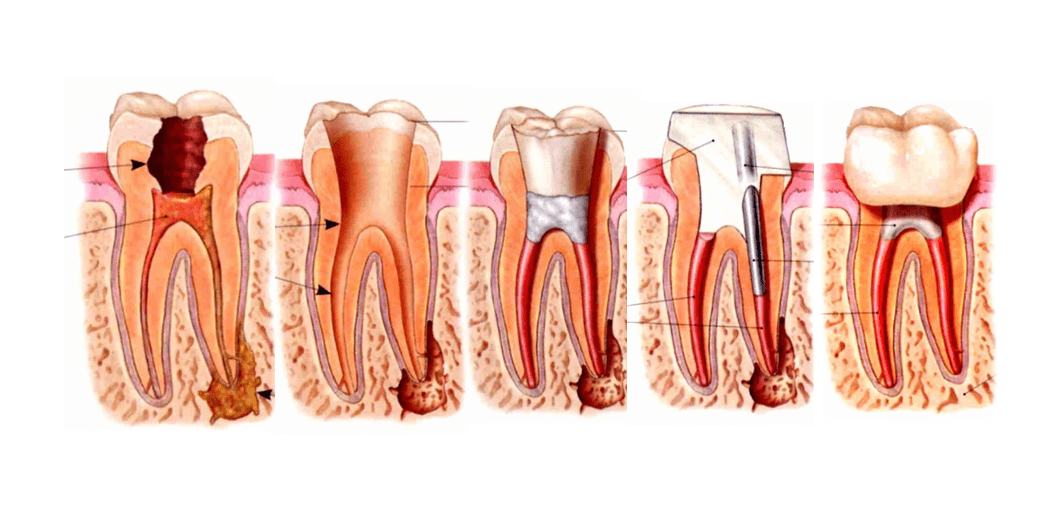
Root Canal
Specialized branch of dentistry in the study and treatment of dental pulp (nerve) conditions.
The root canal treatment is carried out by cleaning and shaping the canal and then filling it with a special material and permanently sealing it.
This treatment is indicated in severe cases of caries to save the tooth from extraction.
Continuous training and new technologies such as microscope, ultrasound and digital radiography are tools today to perform a high quality treatment thus improving the prognosis of the case.
FAQ ABOUT ENDODONTICS
Who performs the root canal treatment?
Endodontists perform not only routine cases, but also very difficult and complex root canal procedures, including root canal surgery. This specialized training and experience is very valuable when root canal surgery is required.
What is an apicectomy?
During this procedure the endodontist cuts the gum near the tooth to expose the bone and removes the infectious tissue. The root tip is also removed.
A small filler can be put to seal the duct, some stitches are placed to help proper healing.
After a few months, the bone heals around the tip of the root.
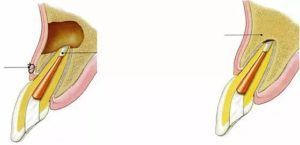
Why do I need a root canal surgery?
Surgery can help save your tooth from a variety of situations.
Also, surgery can be used in diagnosis.
- If you have a persistent symptom, but there is no apparent problem seen on the x-ray, your tooth probably has a small fracture or the canal cannot be detected during the conventional procedure. In this case the surgery allows your endodontist to examine the root of your tooth, find the problem and provide the appropriate treatment.
- Sometimes the calcium deposit causes a canal to be too narrow to clean and even instruments cannot be used to lower the tooth which are used when the root canal treatment is performed, and the end of the root cannot be found. If your tooth has excess calcium, your endodontist will perform root canal surgery to clean and seal the rest of the canal.
- Usually, a tooth that has undergone root canal treatment may last the rest of its life and never need an root canal surgery procedure. However, in some cases the scarring does not respond positively. The patient has a lot of pain and discomfort in the following months or sometimes years after having had a successful endodontic treatment. In this case root canal surgery can help save your tooth.
- Root Canal surgery can also be performed to treat damaged roots or the surrounding bone.
There are many surgical procedures to save a tooth. The most common root canal procedure is called apicectomy or root tip resection. When there is inflammation or infection that persists in the area of the bone around the tip of your tooth after endodontic treatment, your endodontist can do an apicectomy.
Are there other types of root canal surgery?
Other surgeries can be performed even by dividing the tooth in half, repairing the damaged root, even removing one or more roots. Your dentist will kindly explain the specific treatment your tooth requires. In some cases the procedure called intentional reimplantation. In this procedure the tooth is extracted treated with endodontic procedures and then placed back in the same place.
This procedure is designed to save your tooth.
When can I return to my normal activities?
The procedure is quite comfortable with the use of local anesthesia and most patients return to their daily routine the next day. Of course, your dentist will recommend the recovery time you need.
Can I drive after the procedure?
Generally it is possible, however you should ask your dentist before your appointment, or if necessary arrange your transportation.
Will I feel discomfort during or after the procedure?
The procedure is quite comfortable with the use of local anesthesia and with modern techniques such as the use of the Microscope and ultrasonic tips, most patients report feeling well during and after the procedure.
Of course you may feel some discomfort or inflammation during the healing period. This is normal for any surgical procedure. Your endodontist will prescribe the appropriate medication to relieve discomfort.
It will also give you specific postoperative indications.
If you have questions after the procedure or if you have pain that does not respond to pain relievers, call your doctor.
What are the alternatives apart from root canal surgery?
Frequently the only alternative is the extraction of the dental organ. This extraction must be replaced by an implant, a 3-unit bridge or a removable partial denture to restore mastication and prevent adjacent teeth from being affected.
These alternatives require surgery or dental procedures on healthy adjacent teeth. Endodontic surgery is the recommended option not only for the cost but also to maintain your dental health.
No matter how effective or modern the tooth replacement is and can be very effective – nothing is as good as a natural tooth. You have already made an investment saving your tooth. The price for root canal surgery can be healthy, functional and natural for the rest of your life.
How to know that the surgery will be successful?
Your dentist or endodontist is suggesting root canal surgery because he thinks it is the best option for you. Of course there are no guarantees with any surgical procedure.
Your Endodontist should explain which of the possibilities for the success of this procedure so that you can make an informed decision about it.

